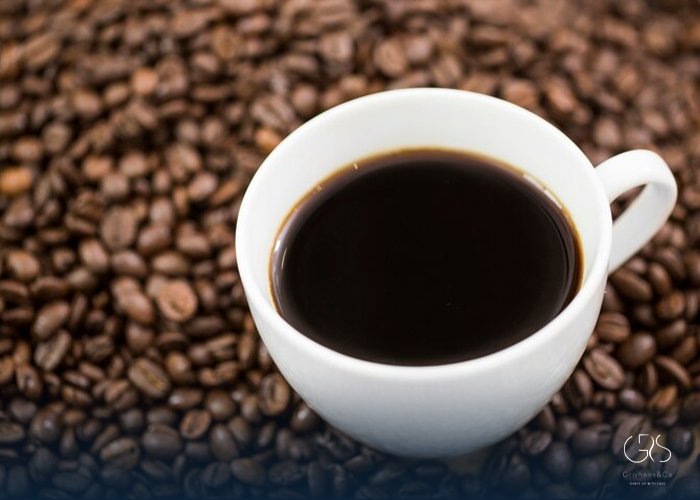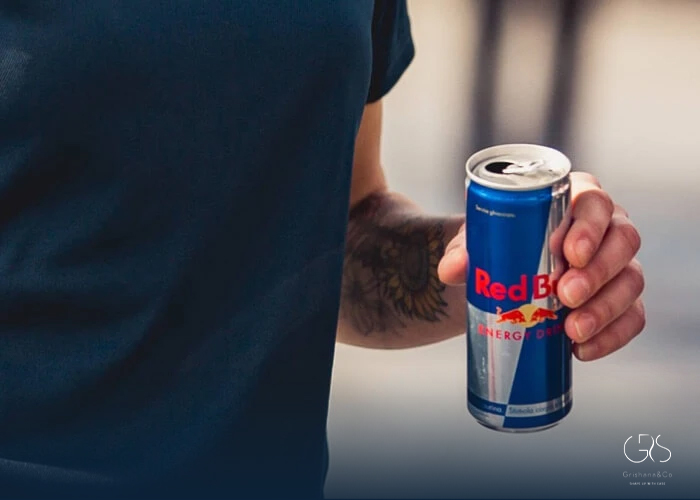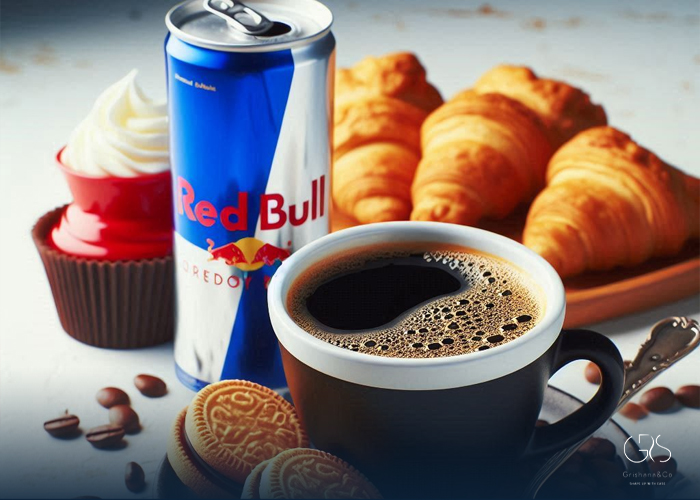In the ongoing debate of coffee vs Red Bull, individuals in today’s fast-paced world often turn to caffeinated beverages to jumpstart their day or gain an energy surge. Coffee and Red Bull are top contenders in this regard, each with their own advantages, impacts, and possible drawbacks. Let’s examine the benefits, effects, and potential concerns of these two popular choices to help you decide which might be the superior option for your needs.
The Battle of Caffeine:
Coffee:
Coffee is one of the most widely consumed beverages globally, with millions of people starting their day with a cup of joe. One of the primary reasons for its popularity is caffeine, a natural stimulant that helps increase alertness and improve concentration. According to the International Coffee Organization, an estimated 1.4 billion cups of coffee are consumed every day worldwide (ICO).
Studies have shown that coffee can enhance cognitive function and improve mood due to its caffeine content. The stimulating effects of coffee are typically felt within 15 to 30 minutes of consumption, making it an ideal choice for a quick pick-me-up during the day. Additionally, coffee contains antioxidants that have been linked to various health benefits, including reduced risk of certain diseases like Parkinson’s and Alzheimer’s (NCBI).

Red Bull:
On the other hand, energy drinks like Red Bull have surged in popularity, especially among younger demographics seeking a convenient energy boost. Red Bull contains caffeine, as well as other ingredients like taurine, B-vitamins, and sugar, which are believed to enhance alertness and provide a quick burst of energy. Despite being marketed as a performance enhancer, energy drinks like Red Bull have raised concerns regarding their high sugar and caffeine content, which can lead to potential health risks when consumed excessively (Frontiers in Pharmacology).

Effects on Energy Levels:
When it comes to providing an energy boost, both coffee and Red Bull can be effective, but they work in slightly different ways. Coffee’s energy-boosting effects are mainly attributed to caffeine, which blocks the neurotransmitter adenosine, leading to increased neural activity and alertness. Red Bull, on the other hand, contains a combination of caffeine, sugar, and other ingredients that can provide a quicker surge of energy but may also lead to a crash once the effects wear off.
Studies have shown that the caffeine content in coffee is more regulated and consistent compared to energy drinks, which often contain varying amounts of caffeine and other stimulants. This can make it challenging to gauge the exact amount of caffeine you’re consuming when you opt for an energy drink like Red Bull (Journal of Caffeine Research).
Diverse Perspectives:
Health Concerns:
While moderate coffee consumption has been associated with several health benefits, excessive intake can lead to issues like jitteriness, anxiety, and disrupted sleep patterns. It’s essential to monitor your coffee consumption and avoid exceeding recommended daily limits to prevent adverse effects on your health.
Energy drinks like Red Bull have faced scrutiny due to their high sugar content, which can contribute to weight gain and other health problems like diabetes and cardiovascular issues. Additionally, the combination of caffeine and other stimulants in energy drinks can have adverse effects on individuals with underlying health conditions or those sensitive to caffeine.
Cultural and Social Aspects:
Coffee holds significant cultural and social importance in many societies, often serving as a social lubricant or a ritualistic beverage consumed during meetings, gatherings, or ceremonies. The aroma and taste of coffee play a crucial role in creating a sensory experience that goes beyond its caffeine content.
Energy drinks like Red Bull have become synonymous with high-energy activities and extreme sports, often marketed as performance-enhancing beverages for athletes and enthusiasts. The branding and lifestyle associated with energy drinks appeal to a younger demographic looking for quick energy boosts to power through their day.
Conclusion:
In the battle of Coffee vs Red Bull, both beverages have their advantages and disadvantages when it comes to providing an energy boost. Coffee, with its consistent caffeine content and potential health benefits, remains a popular choice for many individuals. Red Bull and other energy drinks offer a quick jolt of energy but come with concerns regarding sugar content and unpredictable caffeine levels.
Ultimately, the choice between coffee and Red Bull depends on individual preferences, tolerance to caffeine, and health considerations. Moderation is key when consuming either beverage to reap the benefits without experiencing negative side effects. Whether you prefer the rich aroma of coffee or the quick energy boost of Red Bull, it’s essential to listen to your body and make informed choices based on your needs and lifestyle.
Sources
- National Library of Medicine, Coffee consumption and health
- National Library of Medicine, Energy Drink Consumption
- Mayo Clinic, The buzz on energy drinks










